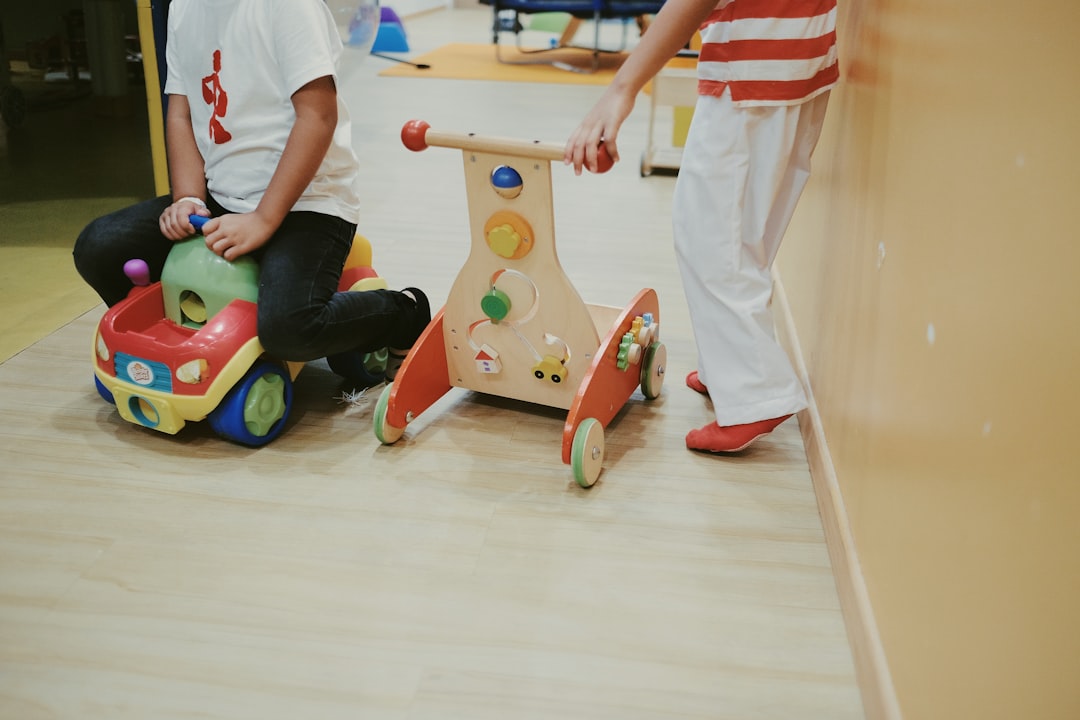In Maryland, strict DHS regulations mandate that daycare providers report and document suspected or actual child abuse or neglect, encompassing physical, emotional, sexual, and medical abuse, as well as neglect endangering health or safety. Non-compliance can result in severe penalties including fines, license revocation, and imprisonment. Daycare centers should consult daycare abuse attorneys in Maryland to ensure compliance, protect children's safety, and avoid legal disputes.
In Maryland, understanding reporting obligations is crucial for daycare providers to ensure child safety. This comprehensive guide delves into the legal framework governing daycare operations, focusing on stringent reporting requirements. We explore various types of abuse and neglect that must be reported and recorded, along with potential consequences for non-compliance. For parents seeking justice, we also outline the role of daycare abuse attorneys in Maryland, offering support and legal assistance when rights are violated.
Legal Framework and Reporting Requirements for Daycare Providers in Maryland

In Maryland, the legal framework for daycare providers is governed by strict regulations aimed at ensuring the safety and well-being of children in their care. These regulations are designed to prevent abuse and neglect, and they come into play when daycare centers, foster homes, and other childcare facilities operate within the state. The primary body responsible for these standards is the Maryland Department of Human Services (DHS), which enforces laws and regulations that all childcare providers must adhere to.
Daycare providers in Maryland are subject to various reporting requirements, particularly concerning suspected or actual instances of abuse or neglect. According to the Code of Regulations of Maryland, caregivers, employees, and volunteers must report any suspected abuse or neglect to local law enforcement or the DHS within specific time frames. These obligations extend to both physical and emotional harm, with clear guidelines outlined for recognizing and reporting such incidents. Daycare abuse attorneys in Maryland play a crucial role in helping families navigate these complex legal requirements while ensuring that justice is served for any victims of abuse.
Types of Abuse and Neglect to Report and Record-Keeping Obligations

In Maryland, daycare providers have a legal obligation to report and record any instances of suspected or observed abuse or neglect. This responsibility is crucial in ensuring the safety and well-being of children under their care. According to state regulations, various types of abuse and neglect must be reported, including physical, emotional, sexual, and medical abuse, as well as neglect that endangers a child’s health or safety. Daycare staff members are required to document these incidents meticulously, recording detailed accounts, dates, and any evidence collected.
The record-keeping obligations extend beyond reporting; daycare providers must maintain comprehensive records for a specified period, typically several years. These records play a vital role in facilitating investigations by child protective services and can serve as evidence in legal proceedings involving daycare abuse attorneys in Maryland. Proper documentation ensures that every instance of suspected abuse or neglect is carefully reviewed, allowing for appropriate interventions and protections for vulnerable children.
Consequences and Support for Non-Compliance and Potential Legal Assistance from Daycare Abuse Attorneys Maryland

Non-compliance with reporting obligations can have severe consequences for daycare providers in Maryland. Failure to report suspected child abuse or neglect can result in civil and criminal liabilities, including fines, loss of license, and even imprisonment. These penalties are designed to protect children and ensure their safety within daycare settings.
Daycare centers in Maryland are encouraged to seek legal assistance from reputable daycare abuse attorneys to understand their obligations better and navigate potential issues. Legal professionals specializing in this area can offer guidance on reporting procedures, help interpret relevant laws, and represent the interests of the daycare should any compliance-related disputes arise. This support is crucial in maintaining a safe environment for children and mitigating risks associated with non-compliance.






